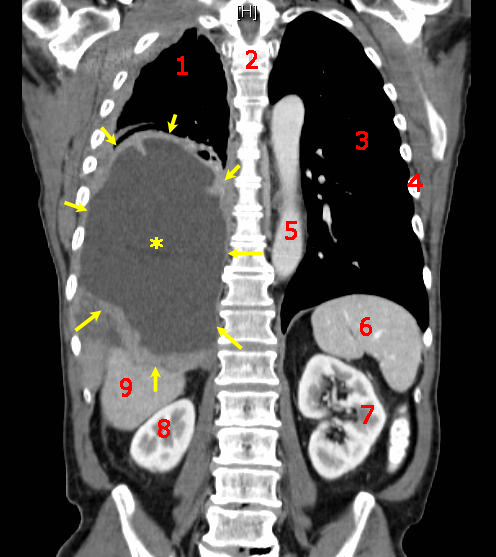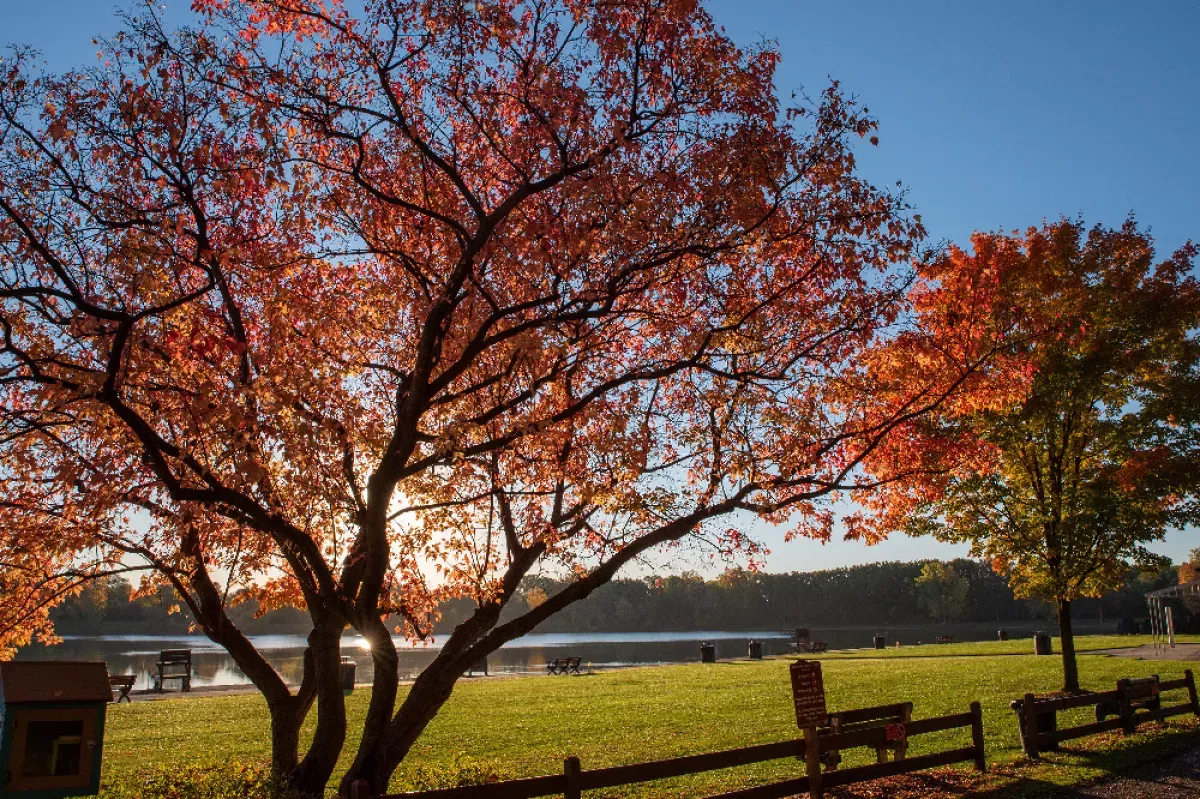Rochester Hills, located in Oakland County, Michigan, boasts a population of 76,300 as of the 2020 census, making it the 14th largest city in the state. It has consistently ranked as the safest city in Michigan for seven consecutive years.
1948: Avon Township Adopts Charter and Establishes Post Office
In 1948, Avon Township adopted a charter under the Home Rule Act and established a post office named Brooklands.
1966: Rochester Residents Vote to Become a City
In 1966, village residents voted to incorporate as the City of Rochester.
February 1967: Rochester Becomes Independent City
Village residents voted to transition into the City of Rochester in 1966, becoming effective in February 1967. This exempted Rochester residents from paying township property taxes.
1967: Avon Township Files for City Status
Avon Township submitted a petition to become a city in 1967.
1967: City of Rochester Incorporation
In 1967, the City of Rochester was incorporated, separating it from Avon Township.
January 1968: Avon Township Pursues City Status
Avon Township residents voted to pursue city status in January 1968.
March 1969: First Proposed City Charter Rejected
Avon Township residents voted down the first proposed city charter in March 1969.
May 1970: Second Proposed City Charter Rejected
Residents of Avon Township rejected the second proposed city charter in May 1970.
September 1971: Third Proposed City Charter Rejected
The third proposed city charter for Avon Township was rejected by residents in September 1971.
1972: Petitions Filed for Avon Township and Rochester Consolidation
Petitions to combine Avon Township and Rochester were filed in 1972.
April 1974: Consolidation Petition Fails
The petition to consolidate Avon Township and Rochester failed to pass in April 1974.
May 1974: Rochester Annexes Avon Township Land
The Michigan Boundary Commission approved Rochester's petition to annex 2.2 square miles of Avon Township in May 1974.
August 1978: Avon Township Becomes Avon Charter Township
Avon Township officially became Avon Charter Township in August 1978.
November 1981: Court Challenges to Annexation End
The legal disputes over the 1974 annexation concluded in November 1981, with Avon Township mandated to relinquish the annexed property.
May 1984: Avon Township Votes for City Charter and Name
Voters in Avon Township approved a city charter in May 1984 and chose "Rochester Hills" as the new city's name.
November 20, 1984: Avon Township Becomes Rochester Hills
Avon Township officially transitioned into the City of Rochester Hills on November 20, 1984, with Earl E. Borden as its first mayor.
1984: City of Rochester Hills Incorporation
In 1984, the remaining area of Avon Township was incorporated and renamed the City of Rochester Hills.
2000: Asian Population Growth Begins
The Asian population in Rochester Hills began to increase significantly between 2000 and 2010.
2010: Asian Population Reaches Almost 10%
By 2010, the Asian population in Rochester Hills had risen to almost 10% of the total population, marking a 61% increase from 2000.
2010: 2010 Census Data
The 2010 census reported 70,995 residents in Rochester Hills, with a population density of 2,163.2 people per square mile. The racial composition was 89.1% White, 2.5% African American, 0.2% Native American, 4.5% Asian, 0.7% from other races, and 1.9% from two or more races. Hispanics or Latinos of any race represented 1.1%.
2020: 2020 Census Demographics
According to the 2020 census, Rochester Hills had a population density of 2,359.9 inhabitants per square mile. The racial composition was 79.6% White, 12.8% Asian, 3.7% African American, 2.9% from two or more races, and 0.1% Native American. Hispanic or Latino residents made up 5.6% of the population, while 19.8% were foreign-born.
2020: 2020 Presidential Election Results
In the 2020 presidential election, Joseph Biden received 23,173 votes (50.67%) in Rochester Hills, while Donald Trump garnered 21,680 votes (47.4%).
2020: 2020 Census
The 2020 census recorded Rochester Hills' population at 76,300, making it Michigan's 14th largest city.
2020: Asian Population Continues Growing
The Asian population in Rochester Hills continued to grow, reaching 12.8% by 2020.
2023: Congressional District Shift
Beginning in 2023, Rochester Hills will transition to Michigan's 10th congressional district, which is centered around Macomb County.
Mentioned in this timeline

Donald John Trump is an American politician media personality and...
Michigan is a peninsular state in the Great Lakes region...

Annexation in international law is the forceful seizure and claim...

September is the ninth month of the year in the...

An election is a structured decision-making process where a population...
A presidential election is a formal process through which a...
Trending

2 months ago Kristen Stewart's Bold Fashion Choice and Maverick Award Acceptance Speech Spark Interest.

4 months ago Spoelstra regrets Ware decision after Heat loss; Knecht as superstar solution?

Derby is a city and unitary authority area located on the River Derwent in Derbyshire England It is the namesake...

7 months ago King Charles Provides Health Update Amid Cancer Battle; Lumley Shares Insight

8 months ago Adou Thiero: From Arkansas Project to NBA Draft Prospect in 2025

8 months ago Ego Nwodim discusses SNL, Miss Eggy, and more on Bullseye with Jesse Thorn.
Popular

Kid Rock born Robert James Ritchie is an American musician...
The Winter Olympic Games a major international multi-sport event held...

XXXTentacion born Jahseh Dwayne Ricardo Onfroy was a controversial yet...

Barack Obama the th U S President - was the...

Michael Jordan often known as MJ is a businessman and...

Hillary Diane Rodham Clinton is an American politician lawyer and...
